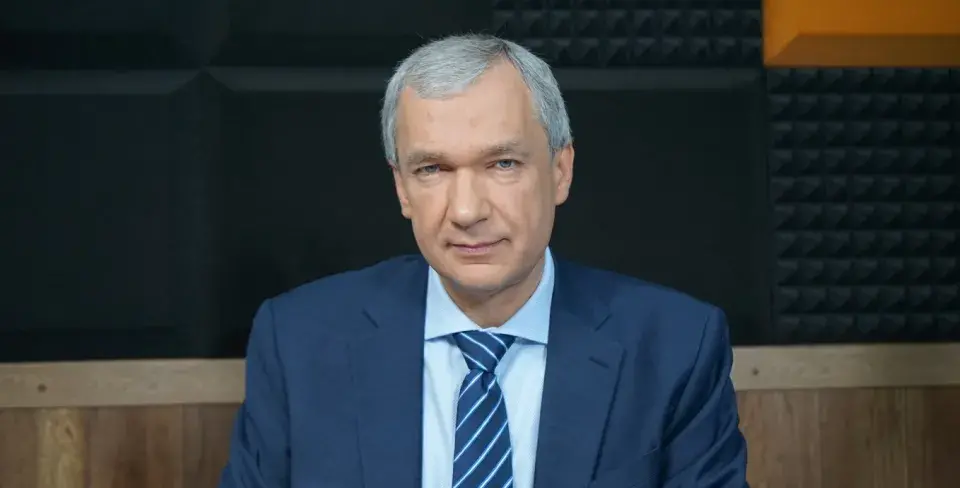Long-distance duel: Latushka faces off against Lukashenka in election debate
 The situation has gotten better
The situation has gotten better
The preparations of pro-democracy circles for the 2025 elections have prompted a cautious response from the ruling class. Pavel Latushka, the head of the National Anti-Crisis Management, has engaged in a long-distance discussion with the Belarusian autocratic leader, Aliaksandr Lukashenka. The activities of exiled political organizations and independent media outlets continue to exert influence on the domestic Belarusian agenda.

Pro-democracy organizations are prompting Lukashenka to respond to the heated discussions surrounding the 2025 presidential campaign. The ruling class was hoping for the potential political alienation of the population and the possibility of opposition avoiding the 2025 election. However, a debate has commenced within Belarusian civil society regarding the optimal strategy for engagement during the 2025 presidential campaign. This was made possible by the efforts of exiled ex-law enforcement officers from the BelPol Association and their relationships with former colleagues in Belarus, who leaked the potential planned date of election.
A working group has been established by the United Transitional Cabinet and Sviatlana Tsikhanouskaya’s Office to facilitate public discussion and develop a common position on the 2025 elections. In contrast to the decision to ignore the 2022 referendum and the 2024 parliamentary and local council elections, the opposition is considering mobilizing its supporters this time. The politicization of society during the presidential campaign is a cause for concern for the ruling class. At a meeting with officials, Lukashenka engaged in a personal attack on Pavel Latushka, a prominent figure in the democratic opposition. The leader of National Anti-Crisis Management publicly challenged the dictator in turn.
Furthermore, the opposition was able to gain ground on the diplomatic efforts of Lukashenka’s representatives to have Western governments reconsider their relations with Minsk.
The ruling class initiated the process of releasing political prisoners, which bolstered the voices of those in favor of de-escalation within the pro-democracy movement. However, the opposition’s primary objective remains exerting pressure on Lukashenka, isolating the regime on the international stage, and urging the West to refrain from recognizing the 2025 election results. This strategy has prompted Lukashenka’s concern.
Simultaneously, Sviatlana Tsikhanouskaya maintains her position as a leader within the democratic movement, which enables the opposition to keep communication with high-ranking officials in Western countries. Consequently, opposition activists and human rights defenders are achieving notable success in discussing matters related to the advancement of civil society interests with Western entities.
Five Belarusians have been awarded scholarships in Austria due to Tsikhanouskaya’s efforts. The Court of Appeal of Serbia has revoked the extradition order for political emigrant Andrei Hniot, preventing his transfer to Belarus. Previously, civil society and opposition politicians initiated a far-reaching campaign in support of the co-founder of the Free Association of Athletes.
Tsikhanouskaya was invited to a meeting with US Deputy Secretary of State Kurt Campbell in Vilnius. The Belarusian opposition is engaged in ongoing strategic dialogue with Washington.
Tsikhanouskaya’s office has had varying degrees of success in communicating with EU countries about easing restrictions on cars with Belarusian license plates entering the EU.
In this way, pro-democracy activists and independent media continue to have the potential to mobilize supporters of change in the context of increased politicization of society ahead of the presidential election.
Subscribe to our newsletter




Situation in Belarus
Constitutional referendum: main consequences


 Video
Video
How to count the political prisoners: are the new criteria needed?


 Video
Video
Paternalism In Decline, Belarusian Euroscepticism, And The Influence Of Russia


 Video
Video












